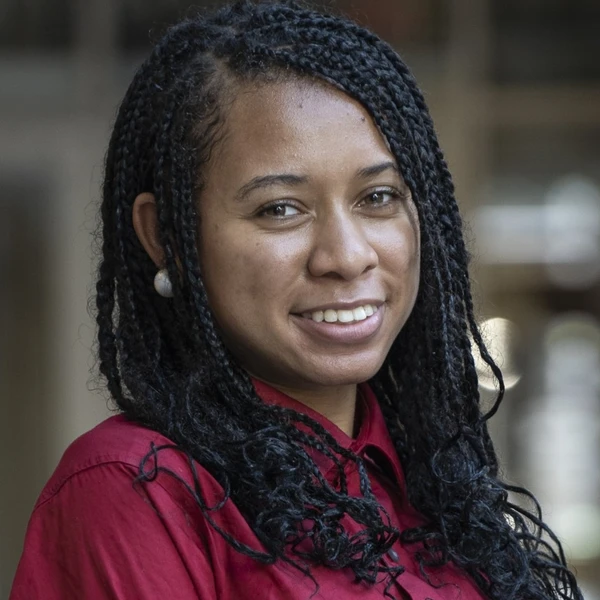
Gender
Ethnicity
Religion
Hobbies and interests
Reading
I read books daily
US CITIZENSHIP
US Citizen
LOW INCOME STUDENT
Kristina Stallings
3,365
Bold Points4x
Nominee4x
Finalist2x
Winner
Kristina Stallings
3,365
Bold Points4x
Nominee4x
Finalist2x
WinnerBio
Education
University of Pennsylvania
Doctoral degree program (PhD, MD, JD, etc.)Majors:
- Microbiological Sciences and Immunology
- Biotechnology
Minors:
- Alternative and Complementary Medicine and Medical Systems, General
GPA:
3.9
Emory University
Bachelor's degree programMajors:
- Biological and Biomedical Sciences, Other
Minors:
- Second Language Learning
GPA:
3.7
Miscellaneous
Desired degree level:
Doctoral degree program (PhD, MD, JD, etc.)
Graduate schools of interest:
Transfer schools of interest:
Majors of interest:
- Business/Managerial Economics
Career
Dream career field:
Biotechnology
Dream career goals:
Novel drug development is time-consuming and extraordinarly expensive: the average cost to develop one new drug and bring it to market is $2.6 billion dollars with the average timeline of 10-15 years. Because of the extensive resources required, scientific discovery alone is insufficient to make it into an effective treatment. Many potential therapeutics fall through the cracks because scientists are not equipped to implement the business side of science to translate the benchside to market. My mission is to become a key leader in the biotechnology industry, directing profound scientific innovations through the discovery pipeline to cater to unmet healthcare needs in underserved communities. My research journey has prepared me to become an innovative, ambitious scientist committed to advancing therapies for conditions that still lack answers. My long-term goal is to establish a biotechnology consulting firm that can guide start-ups and well-established companies to convert innovative solutions into tangible products serving the broader patient population. Through my efforts and aspirations, I work towards my dream to deliver equity-centered medical advancement.
Penn PREP IDEAL Research Scholar
University of Pennsylvania2023 – 20252 yearsMedical Assistant
Dermatology Consultants2022 – 20231 year
Sports
Weightlifting
Research
Microbiological Sciences and Immunology
Emory National Primate Research Center — Undergraduate Research Associate2020 – 2022Biotechnology
Wistar Institute — Biotech Innovation Course Team Member_ Ectopic Pregnancy Diagnostics2025 – 2025Microbiological Sciences and Immunology
University of Pennsylvania — Penn PREP IDEAL Research Scholar2023 – 2025Microbiological Sciences and Immunology
Columbia Unviersity — Summer Reasearch Associate2022 – 2022Biological and Biomedical Sciences, Other
Oxford College of Emory University — Undergraduate Research Associate2020 – 2020
Arts
Grayson Highschool Drama Department
Theatre2017 – 2018
Public services
Volunteering
BEAT HIV Martin Delaney Collaboratory — Leader in Student Outreach & Secretary2023 – PresentAdvocacy
Black Graduate Women's Association — Co-President2024 – PresentVolunteering
Penn Graduate Women in Science & Engineering — Chair of Outreach2024 – PresentVolunteering
Matriculate — Student Mentor Advisor2020 – 2022Volunteering
Grayson High School Women's Organization — Founder, President2018 – 2018Volunteering
College Online HighSchool Gwinnett County — Supportive Mentor2023 – 2025Volunteering
Black Graduate and Professional Student Assembly — VP of Programming2024 – 2025